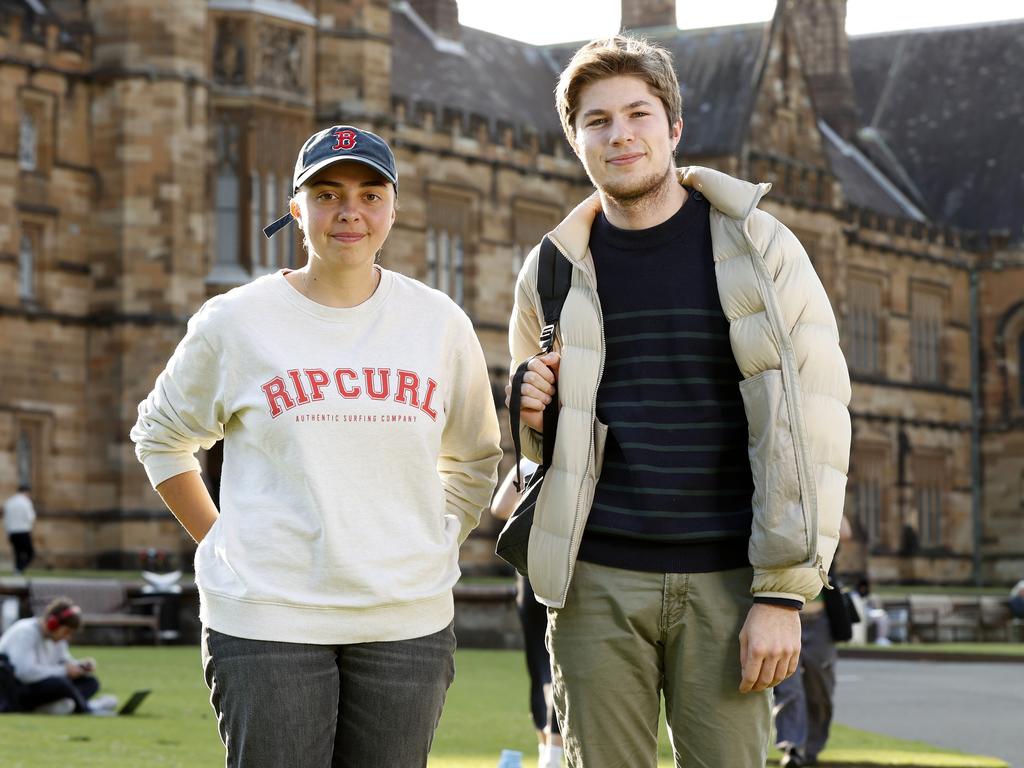PHOTO: Bondi Beach, Sydney. FILE
Foreign Students and Workers Push Back Against “Appalling” Blame for Housing Crisis
Nearly 900,000 migrants have arrived in Australia over the past two years, rejecting the “appalling” accusations that they are responsible for the housing crisis.
Migrant workers and international students are decrying claims that they are to blame for Australia’s housing crisis, describing these accusations as “appalling.”
Economists and Opposition Leader Peter Dutton have pointed to the surge in migration as a key factor driving high housing demand and critically low supply, resulting in soaring rental prices. A record 518,000 people arrived in Australia in the year leading up to June 30, with more than half of the temporary visa holders being foreign students. The government expects another 375,000 net overseas arrivals for the 2023-24 financial year, a figure likely to be exceeded.

Foreign students accounted for about half of all temporary visa holders in the last financial year. Picture: Jonathan Ng
In March, the Coalition’s immigration spokesman, Dan Tehan, claimed that record numbers of overseas arrivals were exacerbating the housing and rental crises. In a budget reply speech, Dutton pledged to reduce migration and limit international student numbers.
At Australia’s first People’s Commission into the Housing Crisis, several foreign residents criticized the narrative blaming them for the crisis.
“Appalling” Blame Game
Raf Rayos, who moved from the Philippines to Sydney five years ago for university, lives in what’s considered the city’s smallest apartment. Despite its 12-square-meter size, he described it as his “heaven.” Rayos endured isolation, unemployment, and food insecurity during the COVID-19 lockdowns, as he was ineligible for government support. He finds it appalling that migrants and international students are scapegoated for the housing crisis.
Chilean migrant worker Valentina Olivares, who also came to Sydney as a student, echoed Rayos’ sentiments. She emphasized the significant contributions migrants make to the economy and questioned the impact if they went on strike for just one day. The international student market is valued at approximately $36 billion, with the Business Council of Australia noting a $124 million economic benefit for every 1,000 migrant workers.

Valentina Olivares and Raf Rayos shared their experiences of being foreign students in Australia. Picture: Everybody’s Home
Living Conditions and Exploitation
Olivares highlighted the substandard living conditions many migrants endure, such as overcrowded accommodations with abusive landlords. Some are prohibited from using their kitchens to avoid making a mess, and others live in dangerously crowded units. Rayos added that some migrants “sleep in shifts” due to limited space and resort to unpaid labor to afford rent.
Ashrika Paruthi, an international student officer at the University of Sydney, noted that foreign students, making up about 4% of the private rental market, face unjust scapegoating. This distracts from addressing the systemic issues in the housing market.
Former Labor senator Doug Cameron, co-commissioner of the People’s Commission, criticized the Coalition’s “scare campaign” on immigration, calling it an immature approach to the housing debate. He asserted that reducing immigration is not a “magic bullet” for improving housing supply and affordability.
Economic Perspectives
Independent economist and former Deloitte Access Economics partner Chris Richardson has also called for a slowdown in immigration, arguing that while immigration is not inherently problematic, housing affordability is at an all-time low. He suggested that policy changes in migration might be necessary to mitigate the impact of poor housing policies.
SOURCE: NEWS.COM.AU
















